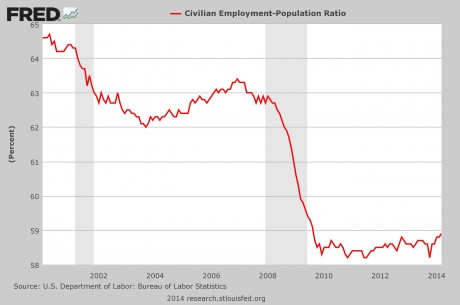For some reason, every decade or so a new moral panic sweeps the land (in this case, it’s showing up in multiple Western countries). Everyone gets their collective knickers in a twist over some horrible outrage which requires, nay, demands that something must be done. The panic de jour is organized gangs of pedophiles (it’s been the panic de jour several times in the last forty years). Kathy Shaidle looks at the most recent eruption of out-of-control morality:
One particularly distasteful breed of conspiracy theory that stubbornly refuses to die, however, is that which posits the existence of local, national, or even international pedophile rings.
Does pedophilia exist? Sure. However, it doesn’t follow that perverts have semiorganized themselves into some kind of parody of Freemasonry, a Bilderberg of diaper snipers.
For whatever reason — a quirk of the collective unconscious; individual shame and guilt; profound resentment of the ruling elite — the modern mind wants to believe in these vast pederast conspiracies, even though, again and again, investigations into their existence come up embarrassingly empty.
Yes, we can argue that this is because “the authorities” are members of the ring, too, but lots of “authorities” were in on Mafia and KKK malfeasance; this made prosecution difficult, but certainly not impossible. There are museums packed with primary source evidence of the Klan’s existence, and the Mob’s; contrast that with this utterly bizarre example of what can only be described as anti-journalism that appeared in the UK’s Islington Tribune earlier this month:
Despite recognition that a huge paedophile ring preyed on Islington children’s homes in the 1970s and 1980s no one has ever been prosecuted and all the records of the homes and the names of the children who went to them have been “lost.”
Behold: After the longest and most expensive trial in American history, all charges were dropped in the McMartin Preschool child abuse case, during which an archeologist testified to the existence of “secret tunnels” on the school’s grounds, and children claimed they’d been raped at orgies at car washes.
Here in Canada, a $53 million inquiry failed to uncover a widely rumored pedophile ring in Cornwall, Ontario. (The Ontario Provincial Police had already reached the same conclusion eight years earlier.) At the end of the day — or, rather, the decade and counting — only one individual was ever convicted of any crime.
Theodore Dalrymple observed a decade ago that the people most likely to express outrage about pedophiles are actually those whose own kids tend to be neglected:
On no subject is the British public more fickle and more prone to attacks of intense but shallow emotion than childhood. Not long ago, for example, a pediatrician’s house in South Wales was attacked by a mob unable to distinguish a pediatrician from a pedophile. The attackers, of course, came from precisely the social milieu in which every kind of child abuse and neglect flourishes, in which the age of consent has been de facto abolished, and in which adults are afraid of their own offspring once they reach the age of violence. The upbringing of children in much of Britain is a witches’ brew of sentimentality, brutality, and neglect, in which overindulgence in the latest fashions, toys, or clothes, and a television in the bedroom are regarded as the highest — indeed only — manifestations of tender concern for a child’s welfare.
An earlier example happened in my home town in the late 1980s, although fortunately for Middlesbrough’s reputation the name of the county was the usual label for the moral panic: the Cleveland child abuse scandal.
The Cleveland child abuse scandal occurred in Cleveland, England in 1987, where 121 cases of suspected child sexual abuse were diagnosed by Dr Marietta Higgs and Dr Geoffrey Wyatt, paediatricians at a Middlesbrough hospital (in the now abolished county of Cleveland). The children were subject to place of safety orders, and some were removed from their parents’ care permanently. While in foster care, the children continued to be regularly examined by Dr. Higgs who subsequently accused foster parents of further abuse leading to them too being arrested.
After a number of court trials, cases involving 96 of the 121 children alleged to be victims of sexual abuse were dismissed by the courts, and 26 cases, involving children from twelve families, were found by judges to have been incorrectly diagnosed.
Despite the judicial results, the bureaucrats believed (and apparently still do believe) that the sexual abuse of all those children really did occur and that even that large number was less than a tenth of the actual problem.




